Putin pulls Russia out of treaty banning nuclear tests, ally warns Poland
Russian President Vladimir Putin has revoked his country’s ratification of the Comprehensive Nuclear Test Ban Treaty (CTBT), a global pact banning nuclear weapons tests, saying the Cold War-era agreement meant to bring Russia in line with the United States.
On October 18, Russia’s lower house, the State Duma, unanimously passed the second and third readings of a bill that revoked Russia's ratification of the 1966 CTBT, which outlaws all nuclear explosions, including live tests of nuclear weapons.
On Thursday, Putin officially signed into law the withdrawal of ratification of the treaty, which kept a lid on nuclear testing for decades.
With his signature, the legislation takes immediate effect, at a time of acute tension with the West, particularly over Russia’s ongoing war in Ukraine, which has put ties between Washington and Moscow at their lowest level since the 1962 Cuban missile crisis.
Russia blames the US for attempting to stymie the emergence of a new multipolar world order.
Putin had earlier urged the Duma to de-ratify the CTBT in order to “mirror” the position of the US, which has signed but never ratified the global treaty, which established a global network of observation posts capable of detecting the sound, shockwaves or radioactive fallout from a nuclear explosion.
The Russian leader on October 5 said “I hear calls to start testing nuclear weapons. I am not ready to say whether we really need to conduct tests or not.”
However, Russian diplomats, according to Reuters, insist that Moscow will not resume nuclear testing unless Washington does.
Now, the last remaining bilateral nuclear weapons treaty between Washington and Moscow is New START.
The New START agreement was extended in February 2021 until February 4, 2026, by US President Joe Biden and Putin.
On February 21, Russia suspended its participation in New START. However, it did not withdraw from the treaty, clarifying that it would continue to abide by the limits on the number of nuclear warheads that can be deployed under New START.
Medvedev warns ‘enemy’ Poland
Separately on Thursday, Russia’s former President Dmitry Medvedev, who is currently serving as deputy chairman of the Russian Security Council, voiced the warning in an 8,000-word article on Russian-Polish relations.
He called Poland a “dangerous enemy”, which risks losing its statehood.
“We will treat it (Poland) precisely as a historical enemy. If there is no hope for reconciliation with the enemy, Russia should have only one and a very tough attitude regarding its fate,” Medvedev warned Warsaw.
“History has more than once delivered a merciless verdict to the presumptuous Poles: no matter how ambitious the revanchist plans may be, their collapse could lead to the death of Polish statehood in its entirety,” he added.
Poland, which is a firm supporter of Ukraine, accuses Russia of trying to destabilize the country with disinformation campaigns and espionage. Moscow, in return, condemns Warsaw’s hostile stance towards it and Russian interests in Poland.
Lebanese parliament speaker rejects any postponement of elections
VIDEO | Gazans break Ramadan fast amid rubble of their destroyed homes
Tehran reaffirms drive to deepen defense ties with West African countries
US envoy’s remarks on Israeli West Asia expansion shows Muslim world targeted: Houthi
Iran says any agreement with US must fully safeguard national rights, interests
VIDEO | Press TV's news headlines
Trump administration terminates aid programs to seven African countries: Report
IRGC warship back home after long-range deployment for BRICS naval drills


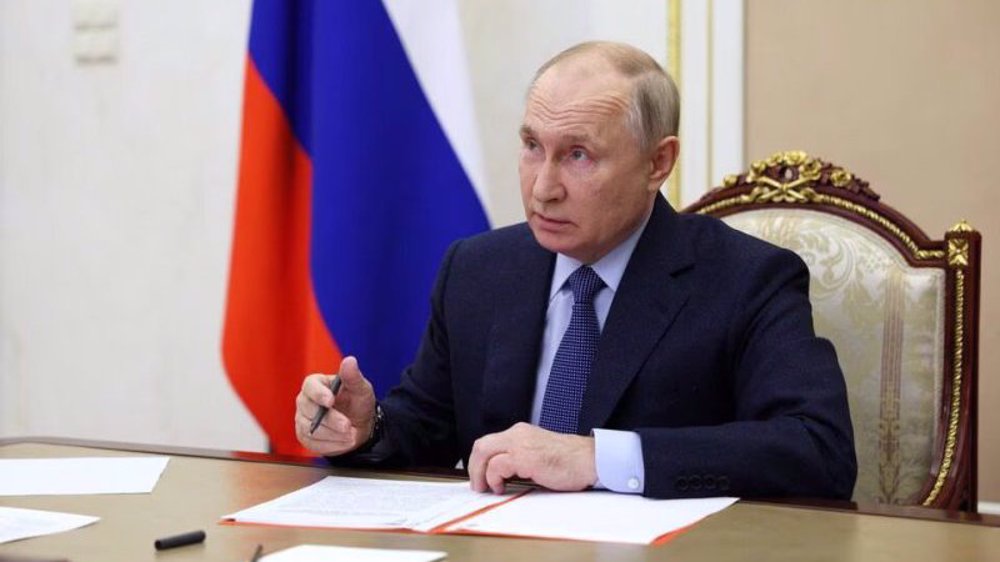
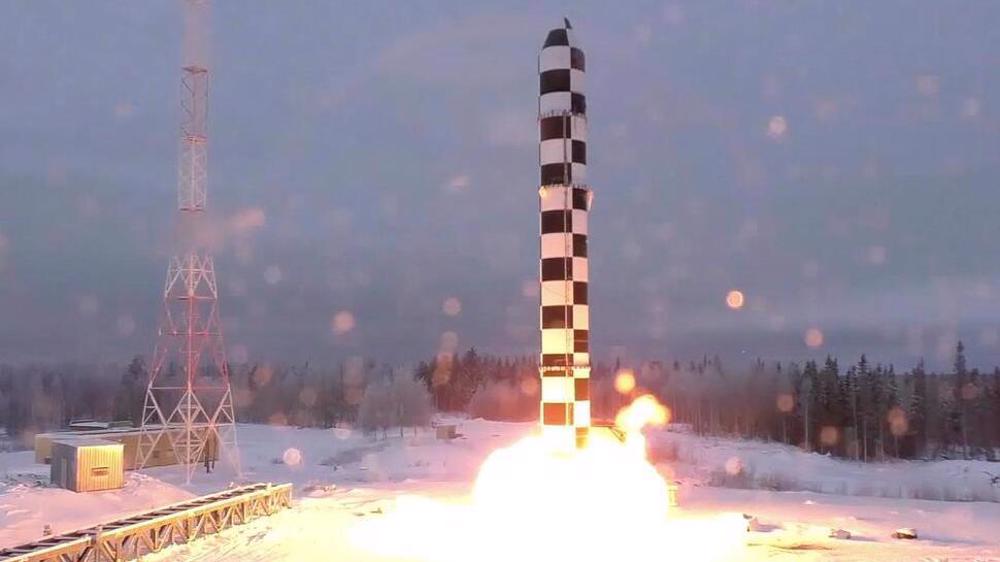
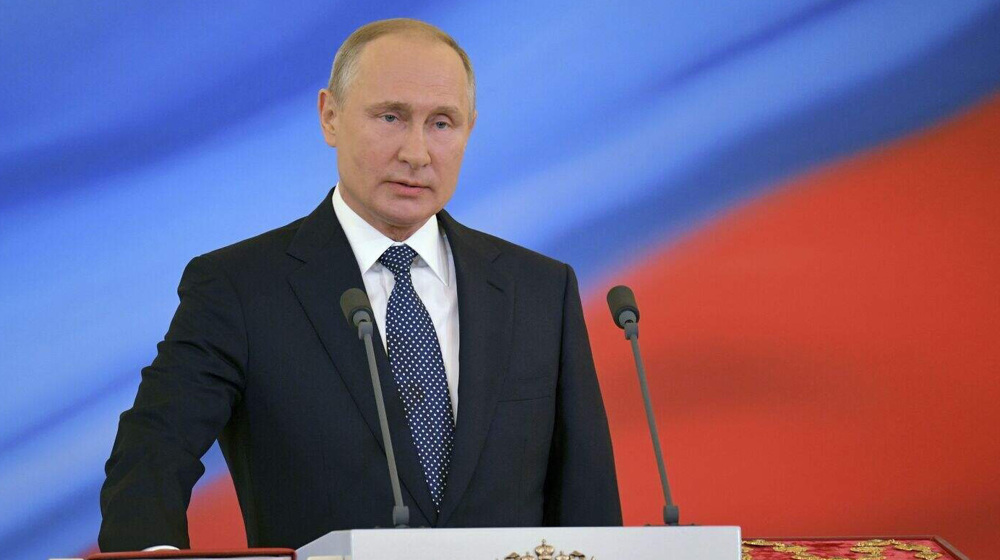
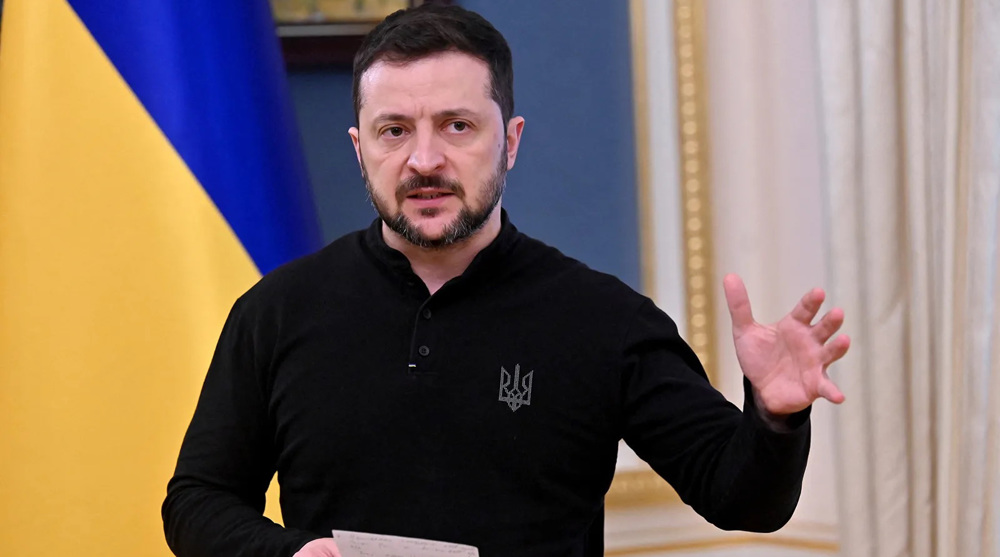
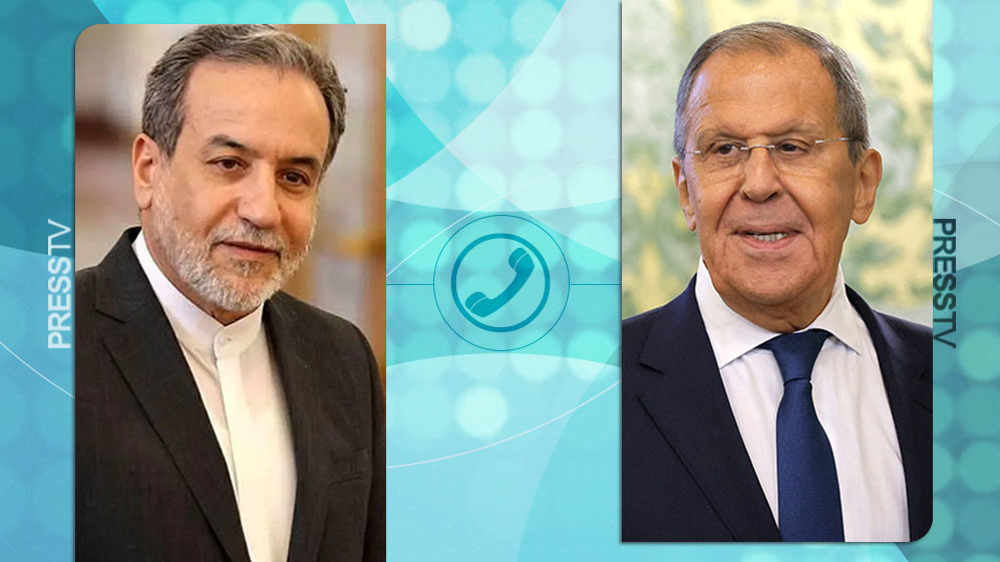




 This makes it easy to access the Press TV website
This makes it easy to access the Press TV website